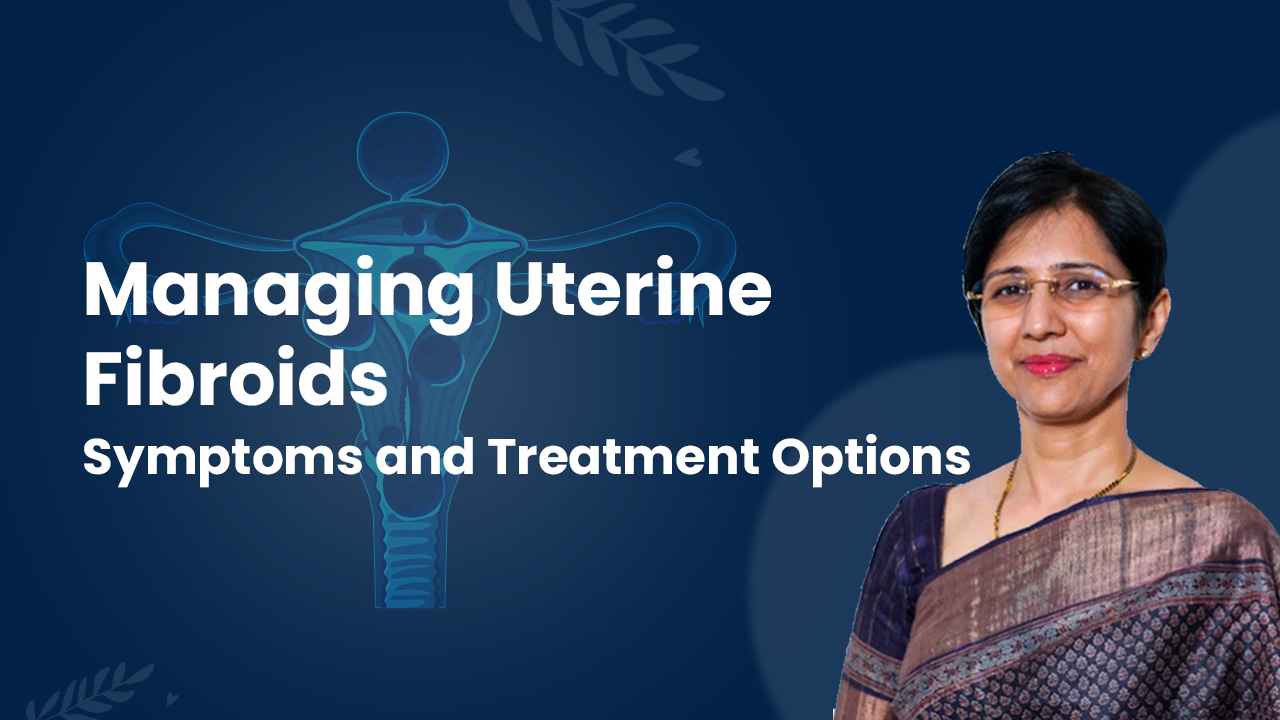Managing uterine fibroids, under the expert guidance of Dr. Rajeshwari Reddy, a distinguished gynecologist with over 23 years of experience and recognized as one of the best in Hyderabad at Continental Hospital, involves understanding symptoms, exploring treatment options, and ensuring personalized care. Here’s an in-depth look at uterine fibroids and how they can be managed effectively:
Understanding Uterine Fibroids
- Symptoms:
- Discussing common symptoms such as heavy menstrual bleeding, pelvic pain or pressure, frequent urination, and pain during intercourse.
- Addressing how fibroids can impact fertility and pregnancy outcomes.
- Diagnosis:
- Reviewing diagnostic procedures, including pelvic exams, ultrasound imaging, MRI scans, and hysteroscopy, to confirm the presence and location of fibroids.
- Ensuring accurate diagnosis to guide treatment decisions.
Treatment Options
- Medications:
- Prescribing medications such as hormonal therapy (birth control pills, GnRH agonists) to manage symptoms like heavy bleeding and pain.
- Discussing potential side effects and benefits based on individual health needs.
- Minimally Invasive Procedures:
- Exploring options like uterine artery embolization (UAE) or focused ultrasound surgery (FUS) to shrink or remove fibroids while preserving the uterus.
- Providing information on recovery expectations and success rates for each procedure.
- Surgical Interventions:
- Discussing surgical options, including myomectomy (surgical removal of fibroids) or hysterectomy (removal of the uterus), depending on the severity of symptoms and future fertility desires.
- Dr. Rajeshwari Reddy ensures thorough discussion of risks, benefits, and long-term implications of each surgical approach.
Personalized Care
- Patient Counseling:
- Offering personalized counseling to address concerns about fertility, pregnancy, and the impact of fibroids on quality of life.
- Supporting informed decision-making based on individual health goals and preferences.
- Long-term Management:
- Developing a comprehensive management plan with regular monitoring to assess fibroid growth, symptom progression, and overall health.
- Providing ongoing support and adjustments to treatment as needed.
Conclusion
Managing uterine fibroids requires a tailored approach that considers symptoms, treatment preferences, and future reproductive goals. With the expertise of Dr. Rajeshwari Reddy at Continental Hospital, Hyderabad, individuals can access comprehensive care and effective treatment options to alleviate symptoms and improve quality of life.




